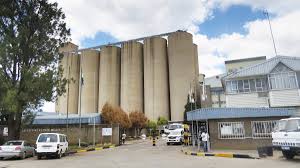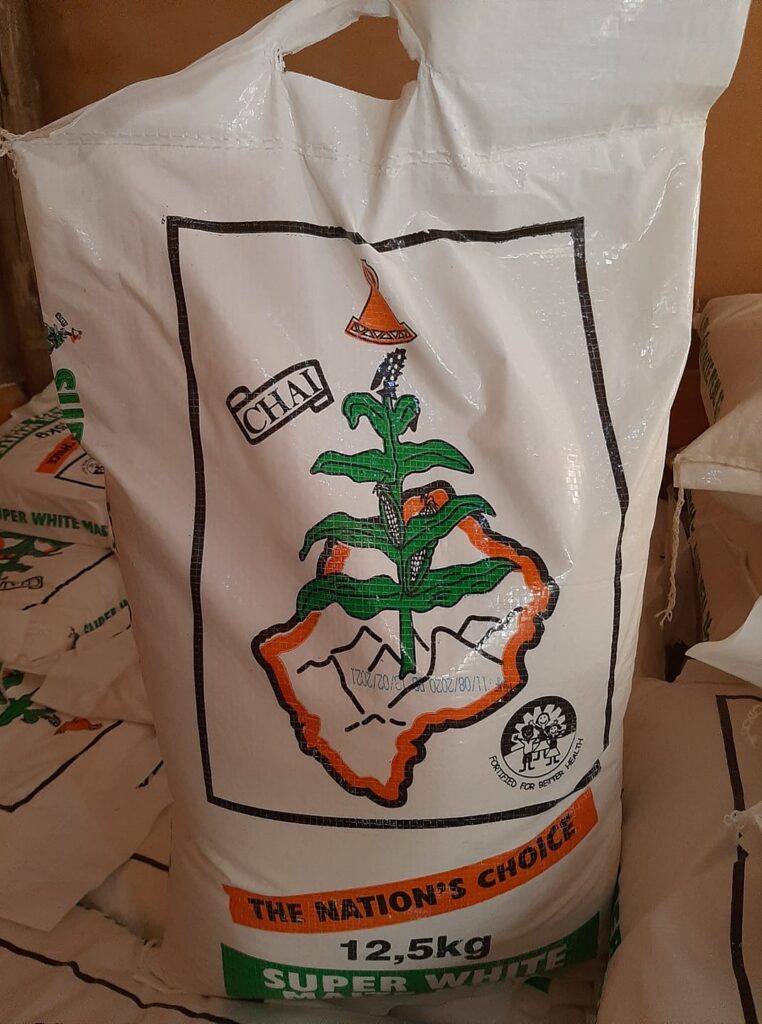Drought forces maize prices spike
Thato Ramafu
MASERU, Lesotho – Following low rainfall and higher than normal temperatures across Southern Africa during the past two months, milling giant, Lesotho Flour Mills, says it finds itself at crossroads and compelled to increase maize meal prices.
The prevailing El Nino conditions in the Southern Africa region are the cause for the brutal drought.
And in response to the impending escalation of grain and grain product prices, LFM says it is taking proactive steps.
Maize price increases in South Africa inspiring a spike in Lesotho
The root cause of the price surge stems from a significant spike in the prices of the raw grain in the South African market, from where Lesotho Flour Mills imports.
As reported by Lesotho Flour Mills’ CEO, Fourie du Plessis, the prices surged in South Africa by a staggering 39% within a span of just two months, catapulting from M3 800 per metric tonne as of 31 January 2024, to M5 300 by 31 March 2024.
“This meteoric rise can be directly attributed to the adverse effects of the drought caused by the low rainfall and hotter than usual weather during the past two months,” LFM says in a statement this week.
South African maize production tumbles 20% on the back of drought
du Plessis underscored the severity of the situation, emphasising that the ongoing drought had dealt a significant blow to agricultural yields, particularly in South Africa, where production is anticipated to plummet by 20% below initial projections.
Such a shortfall inevitably translates to a substantial increase in mealie meal prices, intensifying the plight of consumers already grappling with economic uncertainty.

Indisputably, the after-effects of this crisis extend far beyond national borders, as evidenced by Zimbabwean President Emmerson Mnangagwa’s declaration of a national disaster on 3 April 2024 due to drought conditions, says LFM. With millions facing hunger, Zimbabwe urgently requires over $2 billion in aid to stave off the looming humanitarian catastrophe.
“Acknowledging the profound impact of maize products prices on ordinary Basotho citizens, Lesotho Flour Mills remains steadfast in its commitment to mitigating the financial burden on consumers. Despite the grim outlook, the Lesotho Flour Mills has thus far managed to limit price increases for April to 7%. However, with forecasts pointing to further escalations in the coming months, Lesotho Flour Mills is acutely aware of the need for proactive measures to ensure the continued affordability of maize meal for all,” the company says.
“Looking ahead, Lesotho Flour Mills expresses cautious optimism, hoping for a reprieve in the form of rain in the weeks to come. A return to normal precipitation patterns would serve as a much-needed lifeline, tempering the adverse effects of the ongoing crisis and offering respite to both producers and consumers alike,” the company adds.
Local producers cannot meet maize demand
While LFM is prepared to augment its imports with locally produced grain, local suppliers are unable to meet the high demand.
More from Africa News 24
Seychelles hailed for leading in SADC PF work as she joins 3rd SIDA-funded SRHR Project
“Yes, Lesotho Flour Mills is committed to buying all locally produced Maize. Prices for locally produced grain are based on the same prices payable for South African Maize as quoted by Safex, the Commodity Exchange division of the JSE. The Basotho Maize is however not enough to cover the Lesotho Flour Mills Milling demand and only make up a fraction of maize milled by Lesotho Flour Mills,” the company says.

LFM says it is ready to purchase all grades of maize available on the local market. White Maize will be used for maize meal production while yellow maize will be for animal feed.
“The price payable to the producer is also dependant on the grading, which is done when maize is received at Lesotho Flour Mills. Basotho grown grain is usually of very good quality.
“The limitation (hindering purchases from local producers) is the (low) volumes produced within Lesotho. They are not enough to cover the demand for the production of Basotho maize meal consumption. That is one of the reasons why so much mealie meal is also imported from South Africa,” LFM says.












